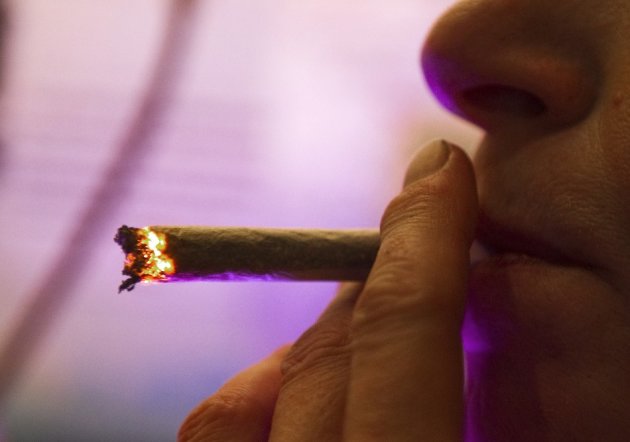By Ewan Palmer

MPs are set to take part in a historic debate about the possibility of legalising the production, sale and use of cannabis. The debate was scheduled after a parliamentary petition calling for drug law reform attracted over 220,000 signatures.
The petition argued that legalising cannabis could bring in £900m ($1.3bn) in taxes every year to the UK, save £400m on policing cannabis, and create over 10,000 new jobs. Only 100,000 people need to sign a parliamentary petition for it to be discussed by MPs in the House of Commons, something which this one managed in just four days.
However, it is unlikely the three hour debate on 12 October (beginning at 4.30pm BST) will have any effect on the current drug laws in the UK as the Tory government has frequently rejected any calls for the Class B drug to be legalised as it "would not address the harm to individuals and communities".
The party has also imposed stricter drug laws since it came into power following May's general election, implementing a crackdown on so-called 'legal highs', becoming one of the first policies it introduced.
"We waste billions on arresting and imprisoning cannabis users for a taking a substance that is less harmful than alcohol. Health risks of cannabis use are real but are greatly minimized when eaten, drunk or ingested as a vapour. That is happening in controlled legal markets that are springing up throughout the world."
Flynn argued the UK should follow
the example of Portugal, who have seen various benefits such as a drop
in crime rate ever since it decriminalised drug possession for personal
use.
A government spokesperson said: "Substantial scientific evidence shows cannabis is a harmful drug that can damage human health. There are no plans to legalise cannabis as it would not address the harm to individuals and communities. Cannabis can unquestionably cause harm to individuals and society.
"Legalisation of cannabis would not eliminate the crime committed by the illicit trade, nor would it address the harms associated with drug dependence and the misery that this can cause to families."

No comments:
Post a Comment